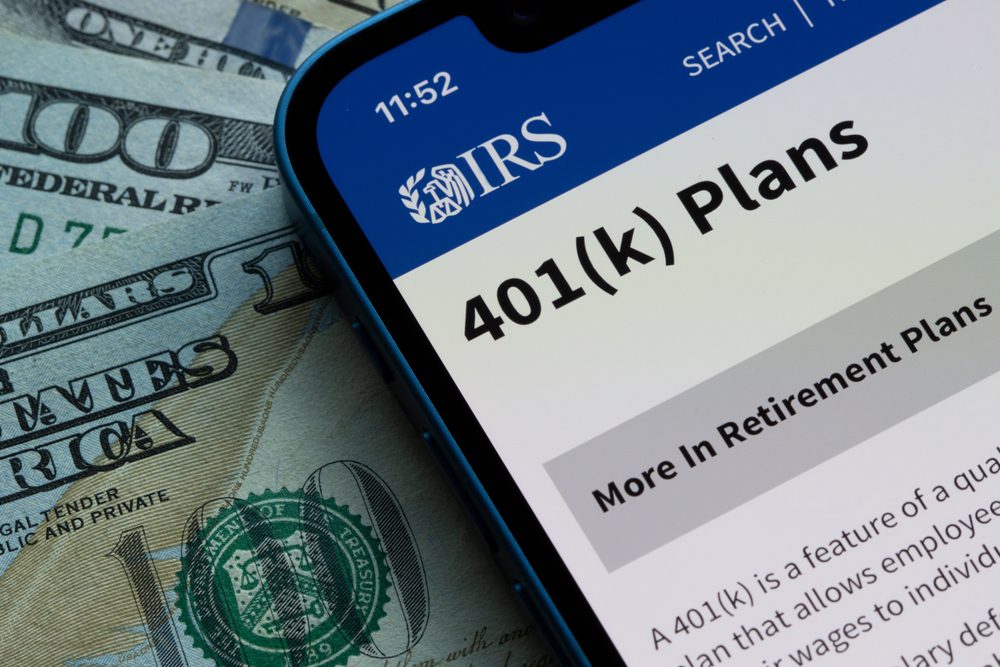
Are your Social Security benefits safe?
The federal retirement program announced recently that it may not need to reduce benefits until 2035. Compared to the initial forecast, the timeline was extended by one year, but what does this really mean?
This adjustment was made because there was a stronger-than-expected economic performance in the U.S. We are all happy about this delay, but many people still feel like there is a chance they will have no money in the future.
The Social Security Board of Trustees announced that there will be good news” for the program’s 70 million beneficiaries. But Congress still has to take further action to make sure they will be able to offer full benefits.
If one thing is true, it is that Social Security will always depend on its trust funds to send monthly payments to beneficiaries. But what are these funds, and from where are they coming? The main source for these funds are the payroll taxes that workers and employers pay from each paycheck. Unfortunately, there is a phenomenon that has been happening for a few years: the program is spending more than it’s taking in, and this has resulted in a shrinking of these funds.
The reason behind all of this? More and more Baby Boomers are retiring, and the population of this country is simply getting older, so they need their Social Security benefits. At the same time, the workforce begins to struggle to keep up with this.

What is important is that experts say that if it ever happens that Social Security funds run out, people don’t have to panic because they will still receive money. The bad part is that even if they still get money, their monthly checks will be reduced. In case the funds run dry, the beneficiaries might lose 17% of their benefits.
This could be a big hit for the millions of retirees and disabled Americans, but the good part is that this is a better outlook than the one that was predicted last year when the estimates told us that beneficiaries should expect to lose 23% of their benefits.
Advocates for older Americans are grateful for the better outlook, but they say the battle won’t end here. They are urging Congress to step up and strengthen the program. Jo Ann Jenkins, CEO of AARP, says that Congress should do everything possible so that people will still get their full benefits. “Doing nothing” can never be an option when looking at a major problem like this.
Maya MacGuineas, the head of the Committee for a Responsible Federal Budget, accuses the lawyers of knowing about the Social Security problem but having still decided not to take steps to fix it.
She says that with each passing year, we get closer and closer to the deadline, but there is no solution in sight. Without a resolution, MacGuineas believes that the Social Security trust funds will run out “by the time today’s 58-year-olds reach retirement age, and the youngest current retirees turn 71.”
Now, the fact that the forecast for the future of Social Security was improved is all thanks to the stronger economy. When asked about this, Martin O’Malley, the Social Security Commissioner, declared that this economic boom was possible due to factors like “impressive wage growth, historic job creation, and consistently low unemployment. So, more people are working and making money, and this leads to more payroll taxes that will end up in Social Security funds and keep the program running for longer.
Social Security’s financial health is a hot topic in politics. There are some Republicans who are suggesting that a possible solution might be raising the retirement age, but this would reduce benefits for millions of workers.
On the other hand, Democrats are pushing back, arguing that there are ways to strengthen Social Security without cutting benefits. They say that one possible solution would be raising the cap on payroll taxes.
At this moment, people only pay Social Security taxes on income up to $168,600. If you earn anything above that, you are not taxed for Social Security. If this cap gets reassigned or completely eliminated, this means more people will pay and, in the end, bring additional funds into the program.
Will Medicare ever “go broke”?
The last reports about Medicare come with good news. Last time, it was rumored that its hospital insurance trust fund would be empty by 2031. Hopefully, this date was pushed back 5 years, and the new official date is 2036.
In the same fashion as Social Security, higher-than-expected payroll tax income and lower-than-projected expenses are what made this possible. Medicare is a staple program that only last year helped over 66 million Americans, most of them being seniors.
Medicare is the federal health insurance program for people aged 65 and older, and it also benefits those with severe disabilities or illnesses, offering coverage for most health needs of these individuals.
In case the Medicare funds will truly be depleted in 2036, you need to know that the program will not completely run out of money. Instead, the program will be able to cover only 89% of the costs for hospital visits, hospice care, and nursing home stays or home health care following hospital stays.
President Biden praised the stronger outlook for both Medicare and Social Security, attributing the improvement to his administration’s economic policies. He said, “I am committed to extending Social Security solvency by asking the highest-income Americans to pay their fair share without cutting benefits or privatizing Social Security.”
It’s true that this offers some breathing room for Medicare, but lawmakers will still need to come up with solutions to ensure the program remains viable for future generations.

How to supplement your Social Security
When things are so unstable, it’s important to have a nest egg. There are many ways to save some money for retirement, and we are going to explain to you the main ones that most people use because they are also the most efficient.
Saving for retirement should begin as early as possible. Experts recommend saving away 10% to 15% of your income, but you may start small and build up over time. If you have unpaid credit card payments or school loans, paying them off first may be more important.
IRA
An individual retirement account (IRA) is an excellent financial choice that is not linked to your company and usually offers more alternatives.
A typical IRA, like a 401(k), is tax-deferred, and deposits can be tax-deductible. While money in the account grows tax-free, transactions are liable for income tax when you receive distributions.
401(k) plan
A 401(k) is a retirement investment strategy provided by an employer. Investments are tax-deferred, so they can reduce your taxable income in the year they are contributed, giving you more money to invest. If your employer matches 401(k) contributions, you should make it a priority to contribute the maximum. Many companies will match 2% to 4% of their employees’ yearly salaries.
If you want to know more about Social Security and how it works, this book might help you: Social Security: Simple & Smart: (Updated for 2024)
Do you think you know everything about retirement? Check out these stats: 5 Alarming Retirement Stats You Need to Know









